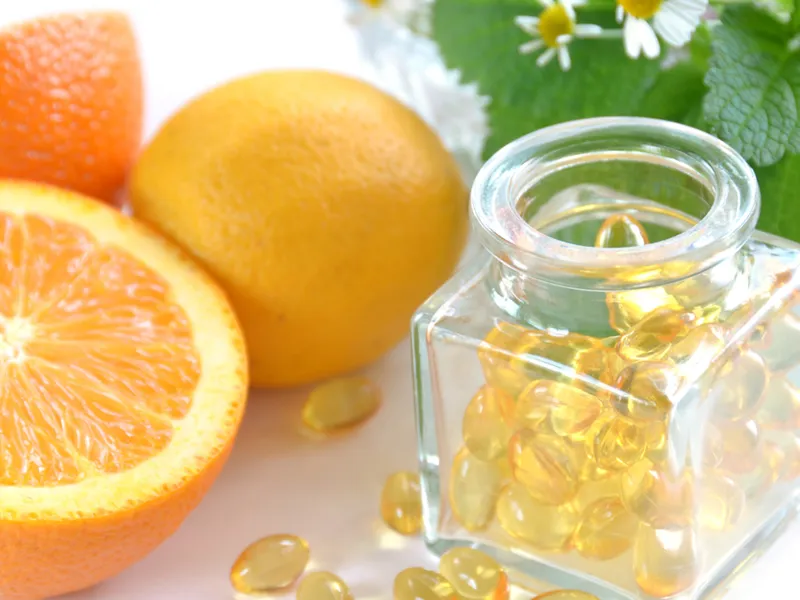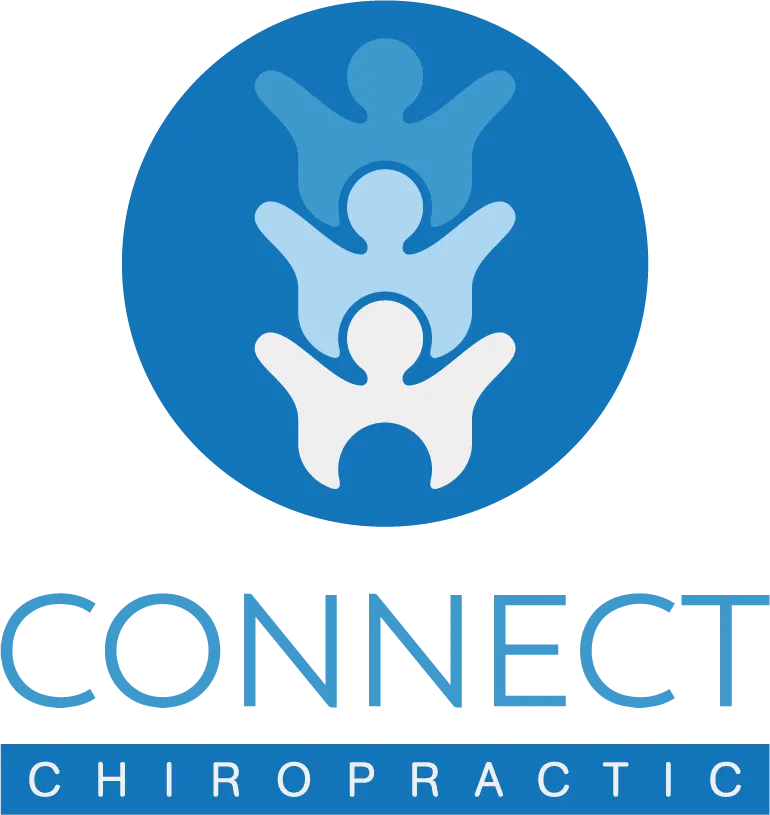
Colds, Influenza, Covid – after two years of mask-wearing, social distancing, and lockdowns, this Winter has been rife with illnesses. Being sick with one often one leads into another as our immune systems struggle to rebuild and defend us against the onslaught of yet another virus. Thankfully, there is a lot we can do to help support and restore our immunity, including making sure our diet is rich in these three vitamins and minerals that play a significant role in keeping our immune system well through the Winter months.
Vitamins C and D, and Zinc
It’s helpful to know where we can easily and naturally source these important vitamins and minerals.
Vitamin C
Vitamin C plays an important role in the function of our immune system because it increases the production of white blood cells, which are key in fighting infection. Interestingly, our bodies do not produce Vitamin C, so it’s crucial to include foods high in this vitamin in our diet.
· Cantaloupe
· Citrus Fruits
· Broccoli
· Red Cabbage
· Kiwi
· Capsicum
Almost all citrus fruits are high in Vitamin C; while various types of citrus juice are readily available to drink, you can also easily add a squeeze of this vitamin to any meal.
Eating foods rich in Vitamin C supports healthy function of your immune system, maintains your bones, teeth, and cartilage, and helps your body to heal wounds.
Vitamin D
Vitamin D deficiency is widespread around the world; in Australia, nearly one quarter of people are deficient.
Vitamin D plays a very important role in our immune system and our body’s natural defences. A deficiency in Vitamin D is associated with increased autoimmunity and susceptibility to infections.
· Fatty fish (tuna, salmon, swordfish)
· Egg yolks
· Mushrooms
· Vitamin D fortified foods (some forms of cow’s milk, soy milk, orange juice, and cereal)
· Cod Liver Oil
· Dairy products such as yoghurt
Although we can absorb sufficient quantities of most vitamins and minerals from a healthy balanced diet, Vitamin D is often very difficult to get through food alone. This is where a supplement can come in very handy.
Taking too high a dose of Vitamin D can be harmful, as recently reported in the news about toxic effects of Vitamin D. As a result, it’s important to discuss the correct use of supplements with your health practitioner.
Direct sunlight from the sun’s UV radiation is also a good natural source of Vitamin D – but remember to use sunscreen and be sensible with the time you spend in the sun.
Zinc
A trace essential mineral involved in many of our body’s functions such as blood clotting, wound healing, and immunity, Zinc plays an essential role in the development and functioning of our immune cells. It also influences our susceptibility to pathogens such as viruses.
· Red meat
· Shellfish (oysters, crab, mussels)
· Legumes (chickpeas, lentils, and beans)
· Nuts (cashews, almonds, pine nuts)
· Dairy
· Eggs
· Dark chocolate – Yes, chocolate!!
Please note that while dark chocolate contains reasonable amounts of Zinc, 100gm of dark chocolate also contains 600 calories. So, although it does contain Zinc which is good for your health, it is also a high calorie food and, therefore, not something you should rely on as your primary source of Zinc.
Our bodies don’t store Zinc, so we need to ingest enough every day to ensure we’re meeting our daily requirements.
If you’re worried that you’re not getting enough of these three essential vitamins and minerals through your diet, consider speaking to one of our chiropractors about how we can help, and the possibility of taking a supplement to support your immune system this Winter. Connect Chiropractic stock a range of quality practitioner-only supplements, and we’re happy to recommend what is best for your needs.
Connect Chiropractic offer effective, natural, and drug-free therapy. Book a consultation today.





